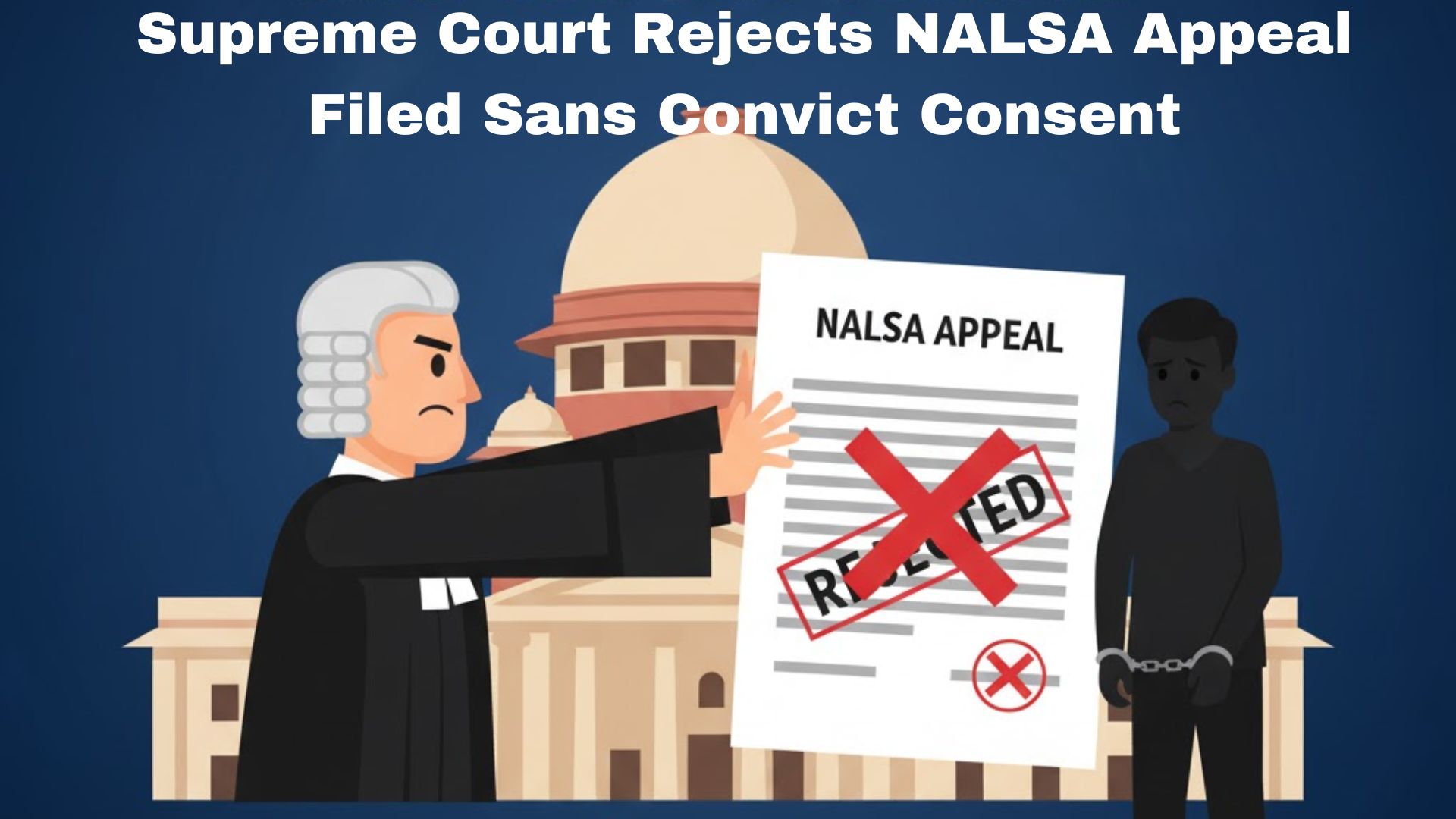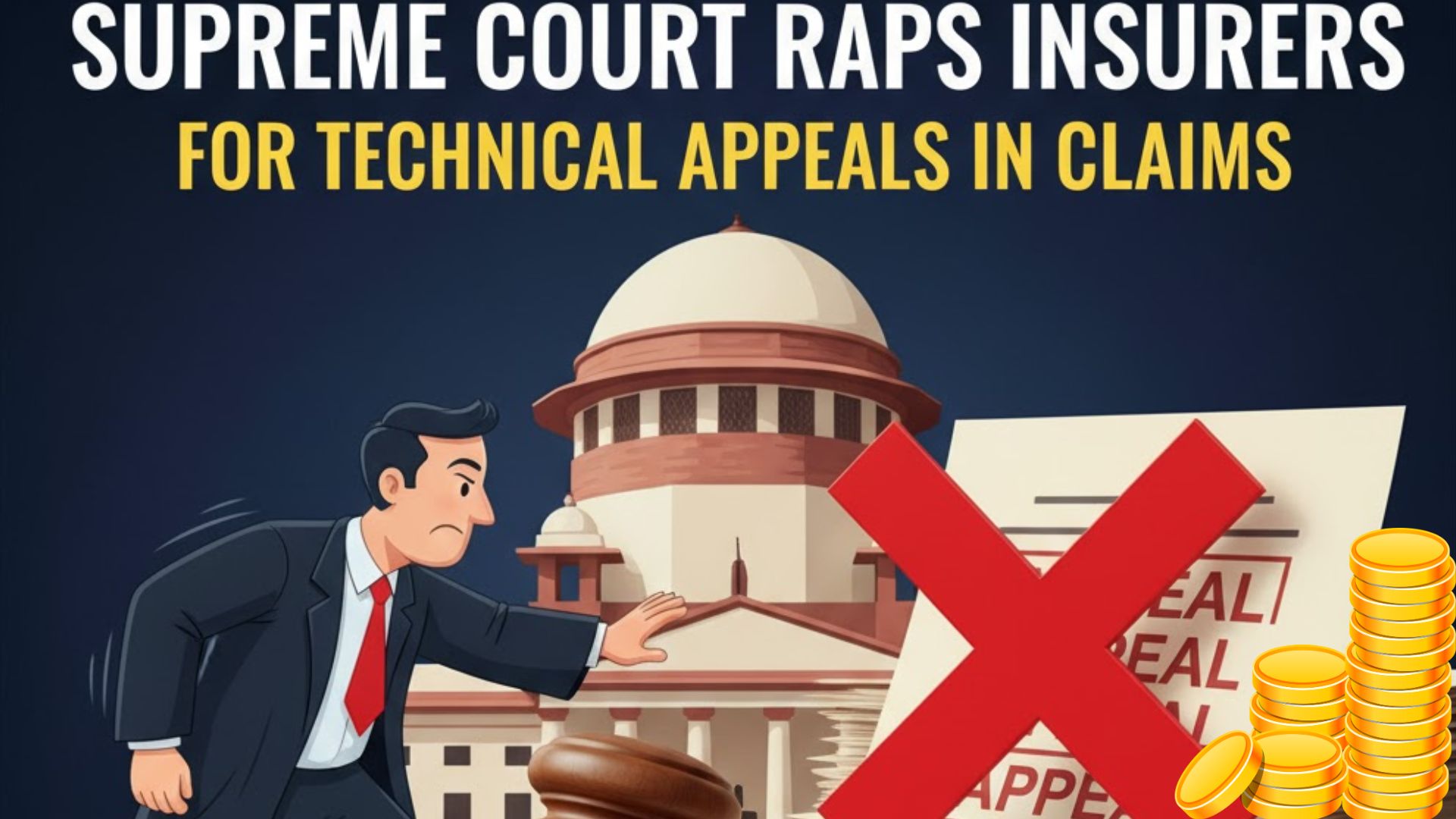@JUDGMENTTAG-ORDER
R.S. Chauhan, J.@mdashThe petitioner, Mr. Kashinath is aggrieved by the transfer order dated 6/10/2015, whereby the petitioner has been
transferred from Athani to Vijayapur.
2. Briefly, the facts of the case are that the petitioner happens to be an Executive Engineer working under respondent No. 2, HESCOM. By order
dated 20/6/2014, he was transferred to Athani. Subsequently, by order dated 11/9/2014, he was relieved from Vijayapur. Consequently, he
reported to Athani on 18/9/2014. He has been working there ever since then. By the impugned transfer order dated 6/10/2015 he has been again
transferred from Athani to Vijayapur. Hence, the present petition before this Court.
3. Mr. Ravi Hegde, the learned counsel for the petitioner, has raised the following contentions before this Court:--
Firstly, that the Government of Karnataka has issued a transfer policy. The said transfer policy is not only statutory in nature, but it is equally
binding in nature. According to the transfer policy, a person who works in ''A Group'' post cannot be transferred for a period of three years.
However, the petitioner is transferred prematurely after completion of one year at Athani to Vijayapur.
Secondly, before he can be transferred prematurely, the consent of the Hon''ble Chief Minister is required. However, the consent is conspicuously
missing.
Thirdly, even if the transfer policy is held to be directory in nature, extraordinary reasons need to be stated in the transfer order for transferring the
petitioner prematurely.
However, the impugned order dated 6/10/2015 does not reveal any cogent reasons for prematurely transferring the petitioner.
Fourthly, the petitioner has been transferred in the middle of the year. Although according to the transfer policy the transfer should have been made
only in the month of June, the transfer is causing difficulties for the family as the petitioner is required to shift his family in the middle of the academic
year. Therefore, the transfer order deserves to be set aside by this Court.
4. On the other hand, Mr. B.S. Kamate and Mr. Shivakumar S. Badawadagi, the learned counsel for the respondent Nos. 1 and 2, have pleaded
that although the transfer policy is statutory in nature, it is not mandatory in nature. Certain freedom has to be given to HESCOM to transfer its
employees from one place to the other. Therefore, the policy is merely directory in nature.
Secondly, while laying down the tenure period for the stay of an employee, the word which has been used is ''ordinarily''. The use of the word
''ordinarily'' clearly indicates that a discretionary power is bestowed upon the HESCOM under the transfer policy. Therefore, the respondents are
free to transfer the petitioner even before the tenure period of three years is over.
Thirdly, that there is no requirement under the transfer policy that prior to transferring an employee prematurely, the approval by Hon''ble Chief
Minister is required. The approval of Hon''ble Chief Minister is required only if the period of tenure of stay is to be changed in the transfer policy.
Fourthly, that due to administrative exigencies or in the interest of the company or in the interest of the public, an employee can be transferred from
one place to another.
Fifthly, transfer order is not a quasi-judicial order or a judicial order, but, is an administrative order. Therefore, the reason for transferring the
employee need not be stated.
Lastly, since the transfer is an incident of service, mere hardship caused to the employee, or to his family is not a valid reason to interfere with a
transfer order. Therefore, the learned counsel for the respondents has supported the impugned transfer order.
5. Heard the learned counsel for the parties.
Although the guidelines has been issued for supervising the transfer of employees, although this Court has held in the case of Chandru. H.N.
Gowda Vs. State of Karnataka and Others, that the transfer policy is statutory in nature, but, it would not make the transfer policy mandatory in
nature. The transfer policy has been framed in order to control corruption, arbitrary action, and unfair and unjust action on the part of the
Government. But, by no means does the transfer policy tie the hands and feet of the employer. Therefore in the case of R. Suresh v. The State of
Karnataka & Others (W.P. No. 24622/2015 Dtd. 22.06.2015) this Court has clearly opined that the transfer policy is merely directory in nature,
and not a mandatory one. Thus, an employer does have the freedom to ignore the transfer policy if the needs so arises.
6. Clause 8 of the transfer policy clearly states, ""no Government servant shall ordinarily be transferred, if he has not completed his tenure of posting
in a place, as indicated in the transfer policy"". The use of the word ''ordinarily'' clearly bestows discretionary power on the employer to transfer an
employee under extraordinary circumstances. Moreover, Clause 8 merely requires the approval of the Hon''ble Chief Minister, in case tenure laid
in clause 8 were to be revised from time to time. Clause 8 does not require the approval of the Hon''ble Chief Minister, in case an employee were
transferred prematurely. Therefore, the contentions raised by the learned counsel that the consent of the Hon''ble Chief Minister is a sine quo non
condition, prior to transferring the petitioner, is acceptable.
7. Although the transfer policy does require to keep an employee for three years at the place of its posting, but as a discretionary power has been
bestowed, the petitioner can certainly be transferred even after the completion of one year.
8. Since the transfer orders are neither quasi-judicial order nor judicial order, there is no requirement in law that they must state the reason for
transfer. There is a presumption in law that any act done by an officer is done in accordance with law. Therefore, the contention raised by the
learned counsel that extraordinary reasons have to be assigned in the transfer order, the said contention is misplaced. For the plea presumes that
there is a requirement in law that the extraordinary reasons must be stated in the transfer order. Since transfer is an incidence of service, since the
transfer is well known to an employee and the possibility of transfer at any time, at any place, is within his knowledge, an employee cannot plead
that there is personal inconvenience. Even if he were permitted to plead such a cause, he must establish the said plea through cogent evidence. To
permit an employee to plead personal inconvenience as a valid ground for transfer, would lead to administrative problems. Therefore, the said plea
is unacceptable.
9. For the reasons stated above, this court does not find any illegality or perversity in the order dated 6/10/2015. Hence, this petition is devoid of
merits. It is, hereby, dismissed.

